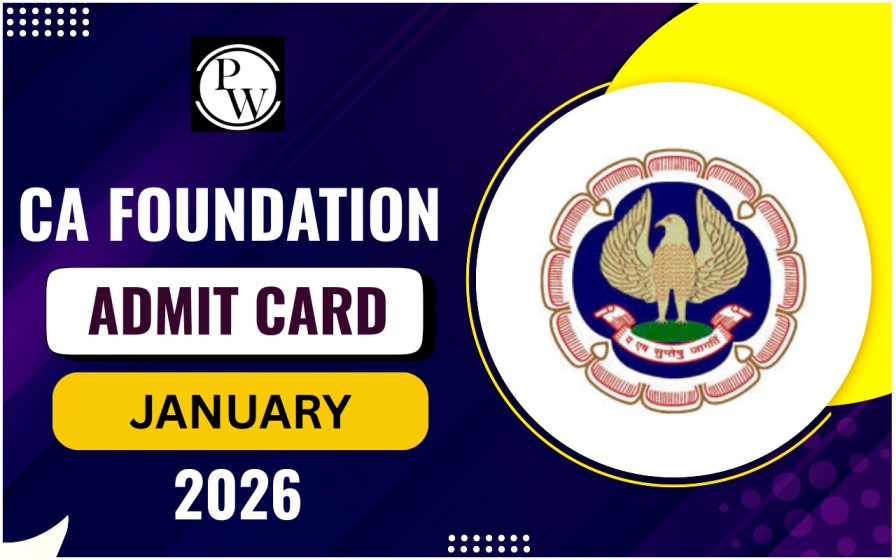
An accounting information system (AIS) is like a financial GPS for companies. It helps them track their money and make smart choices for their business. Knowing how an AIS works is crucial for figuring out what features a company needs. It's also a great skill to have if you're in the accounting field and preparing for CA Exams .
In this article, we'll explain what an AIS does, why businesses rely on it, and the six key parts that make it tick.What Is Accounting Information Systems (AIS)?
An accounting information system is like a digital hub where businesses gather, organize, and analyze their financial data. It's a tool used by various professionals like accountants, managers, and auditors to keep track of everything related to money within a company. This system blends traditional accounting methods, such as Generally Accepted Accounting Principles (GAAP) with modern technology to ensure accurate and efficient record-keeping.Why Businesses Use Accounting Information Systems (AIS)?
An automated information system (AIS) is crucial for maintaining accurate financial records within a company. It grants access to relevant data for authorized personnel while safeguarding sensitive information. By enhancing security measures, AIS reduces the risk of fraud and ensures the smooth operation of financial processes. Furthermore, a well-structured AIS promotes transparency and consistency by providing all employees with access to the same data and systems.Functions of Accounting Information Systems
AIS, or Accounting Information Systems, serve three main purposes:- Gathering and storing financial data efficiently: AIS gathers transaction details from various documents, records them in journals, and updates ledgers.
- Providing insights for decision-making: AIS generates reports and financial statements crucial for managers, CFOs, and other decision-makers.
- Implementing controls: AIS establishes mechanisms to ensure accurate recording and processing of data.
Components of Accounting Information Systems
Accounting information systems (AIS) are vital for smooth operations, consisting of six key elements:People: This includes everyone involved in using the AIS, such as accountants, managers, and financial analysts. AIS helps different departments collaborate efficiently. For instance, management can set sales goals, which are then communicated through AIS to salespeople for order processing, accounting for invoicing, and warehouse for shipping.
Procedures and Instructions: AIS relies on procedures and instructions to manage financial data collection, storage, and distribution. These can be manual or automated and are crucial for employee training and adherence to standards.
AIS Data: Information in AIS is structured in a central database, allowing easy access for reporting and analysis. It includes various financial records like inventory data, tax information, and sales reports.
AIS Software: Modern AIS uses specialized software for storing, processing, and analyzing financial data. This software is tailored to the specific needs of each business and is often influenced by regulatory requirements like the Sarbanes-Oxley Act.
IT Infrastructure: This refers to the hardware needed to run AIS, like computers and servers. It's essential for ensuring compatibility with AIS software and maintaining operational efficiency, including contingency plans for potential disruptions.
Internal Controls: These are security measures to safeguard sensitive data stored in AIS, including passwords, encryption, and access controls. Internal controls are crucial for protecting employee and customer information and maintaining the integrity of financial data.
| Also Check: | |
| Management Accounting | Financial Accounting |
| Auditing and Assurance | Taxation |
| Financial Management | Business Laws and Ethics |
Accounting Information Systems Benefits
Streamlined Communication
Accounting information systems are designed to streamline communication between different departments. For instance, the sales team inputs the sales budget, which then informs inventory management about stock levels and material purchases. When inventory is bought, the system automatically alerts the accounts payable team. Plus, it keeps everyone in the loop about new orders, ensuring manufacturing, shipping, and customer service are ready to meet demand.Enhanced Security
Accounting information systems prioritize security through internal controls. By implementing policies like access approvals, login requirements, and access logs, sensitive data such as customer and vendor information remains protected. Segregation of duties ensures that employees only access the information necessary for their roles, preventing unauthorized access and maintaining confidentiality. Prepare for CA exams and master AIS with PW CA courses. Gain essential skills for the accounting field and boost your career prospects. Enroll now!| Also Check | |
| Tax Planning and Compliance | Capital Budgeting and Investment Decisions |
| Working Capital Management | Commercial Laws |
| Corporate Laws | Contract Law |
Accounting Information Systems FAQs
What is an Accounting Information System (AIS)?
Why do businesses use AIS?
What are the main functions of AIS?
What are the components of AIS?
How does AIS benefit businesses in terms of communication and security?










